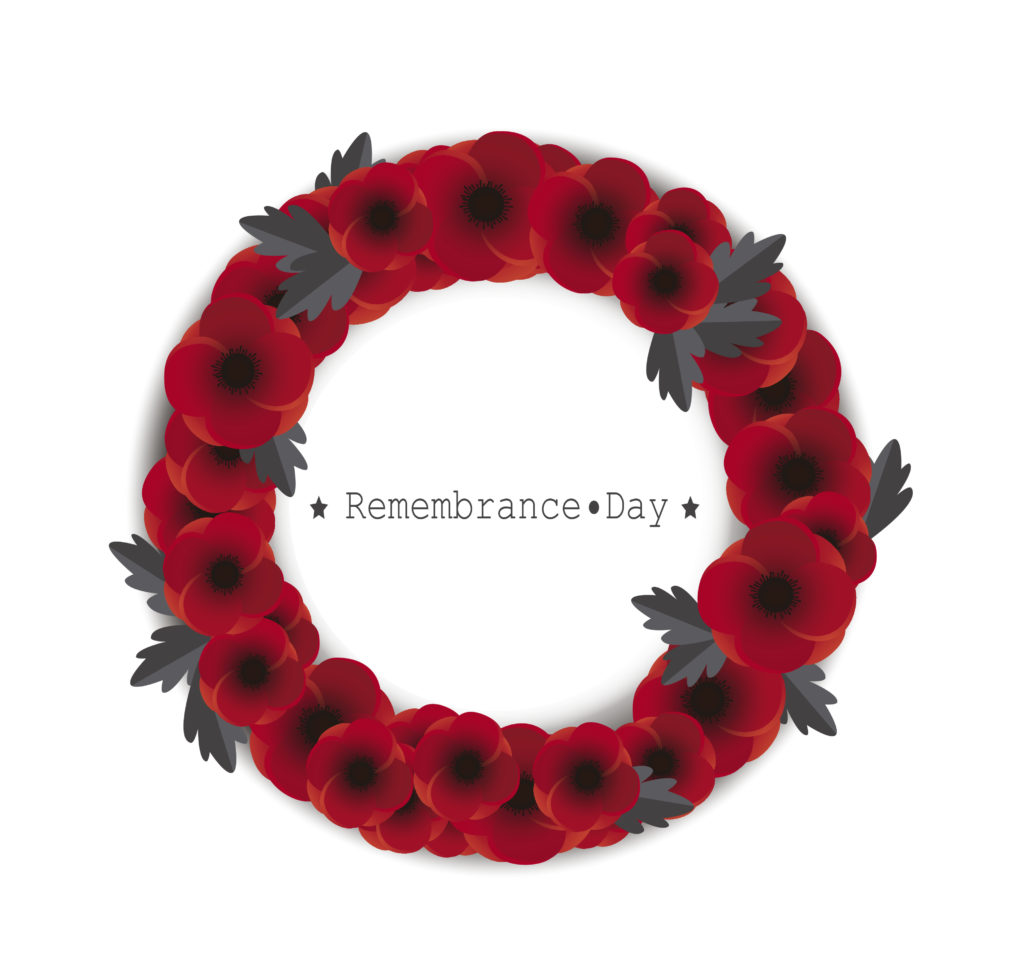Written by Bianca Baldo
Let’s visualize together. Imagine you are in a crowd of people waiting for the veteran parade. You see floats in the distance, you hear Shania Twain’s Soldier song in the air, the float is getting closer, you make out a group of proud veterans waving hello to the crowds. What do you see?
If you are like most Canadians, you probably saw a group of men of a certain age of European descent. We cannot diminish the commitment of many veterans, the sacrifice of our fathers, uncles, brothers, and grandfathers. Soldiers such as Billy Bishop – who was a Canadian flying ace of the First World War and officially credited with 72 victories. This visualization only offers part of the story.

It felt important to highlight the many other Canadians’ roles and contributions across intersectional groups that have impacted Canadian history, notably women, Indigenous (First Nations, Metis, and Inuit) communities, and Black Canadian.
“In Canada, females (women) account for 14% of the estimated Veteran population of 670,000.” – Veterans Affairs Canada
Stories such as Margaret MacDonald, who became a matron-in-chief of the Canadian Army Medical Corps, and Nichola Goddard, who was the first female Canadian combat soldier killed in combat in Canadian operations in Afghanistan.
“Indigenous people are also working to honour the estimated 12,000 First Nations, Inuit and Metis who served in the First World War, Second World War and Korean War.” CTV News
Let’s not forget the great bravery, skill, and initiative of Henry Louis in the First World War as a Métis marksman. Charlotte Edith Anderson Monture wanted to be a nurse, but as a Mohawk woman from the Six Nations of the Grand River in Ontario, she was turned away by nursing programs in Canada. She opted to train in the United States and, upon graduation, volunteered overseas as one of 14 Indigenous nurses in the U.S. Army Medical Department.
“Black Canadians have served in all of our country’s major conflicts since the founding of Canada.” Veterans Affairs Canada
Finally, the contribution of William Nelson Edward Halls, who was the first Black person, first Nova Scotian, and third Canadian to receive the Victoria Cross and that of Cecilia Butler, who worked in the John Inglis Company munitions plant in Toronto during the Second World War.
Today, the world is changing, aiming towards increased respect and inclusion of all veterans, including members of the LGBTQ2+ communities, who have played an important role in Canada’s military efforts. Close your eyes again. Can you visualize a different float that includes men, women, different racialized communities, Indigenous, and members of the LGBTQ2 community? Intersol wants to thank all veterans for their contribution, recognizing the many voices that have supported this effort.
While we may not be gathering to celebrate Remembrance Day this year, for those who have not been able to get out to buy a poppy, online donations are accepted at legion.ca/remembrance/the-poppy-campaign/donate-to-the-poppy-fund


